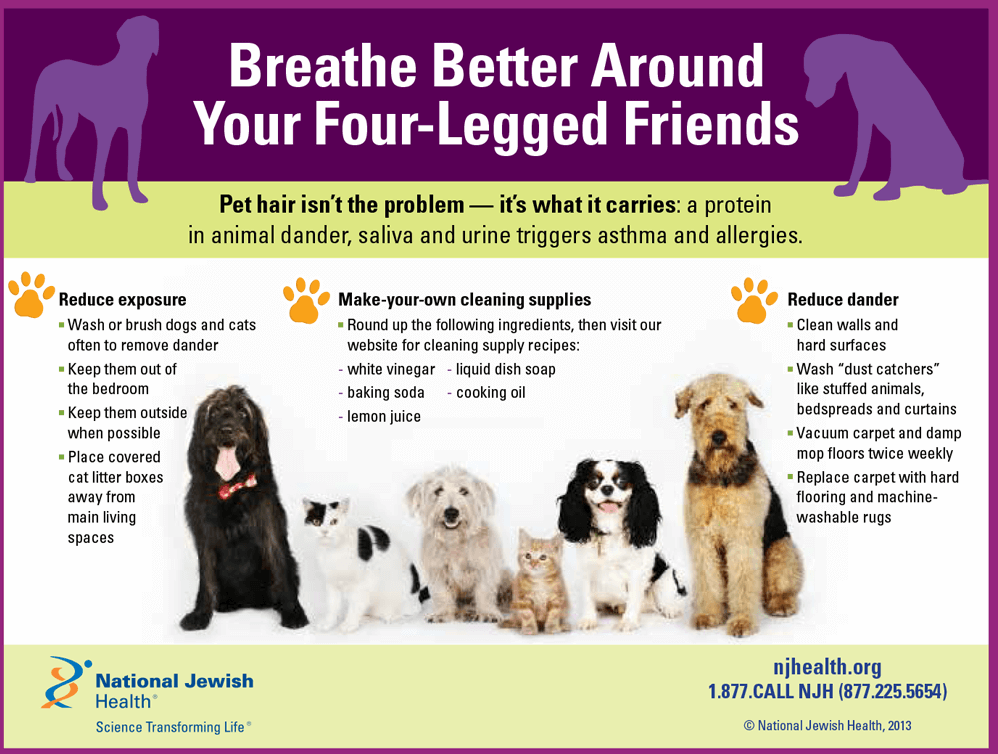Dog Daycare Vs Dog Walker For Busy Owners
Dog Daycare Vs Dog Walker For Busy Owners
Blog Article
What Vaccinations Are Needed For Pet Daycare?
Whether your canines spend time at day care or boarding facilities, they need to be up-to-date on all of their required vaccinations. Core vaccines include Bordetella, rabies and DA2PP, which guard against common diseases that dogs are revealed to when in close contact with others.
Non-core vaccinations consist of canine influenza and leptospirosis shots. These are recommended for dogs that join other pets often.
Core Vaccinations
As an important part of preventative treatment, pet vaccinations help maintain dogs secure from infectious illness transmitted via direct call or contaminated surface areas. Vaccines promote the body immune system to produce antibodies that deal with illness, and most veterinarians consider core pet dog vaccinations to be necessary for all family pets.
Rabies
A lot of reliable canine daycare facilities require that your family pet depend on day on their rabies vaccination. Inoculations are provided to puppies as very early as 12-16 weeks old, and boosters are needed every 3 years or two until the adult years. Rabies is a fatal viral condition that spreads via saliva, normally from bites. A lot of states require rabies inoculations for all dogs and felines, and some even mandate rabies boosters for pet dog owners.
Distemper/Parvovirus/Adenovirus (DHPP).
This mix vaccine covers canine distemper, parvovirus, hepatitis, and adenovirus, every one of which are extremely contagious. A lot of vet offices offer DHPP injections as one shot or in a collection of two to 4 shots, given 2-4 weeks apart, complied with by a yearly booster. This vaccine is a demand for the majority of boarding and doggy day care centers, as well as lots of groomers.
Bordetella/Canine Parainfluenza Vaccination.
Bordetella bronchiseptica, typically referred to as daycare for dogs near me kennel coughing, is an extremely transmittable respiratory infection brought on by the bacteria that triggers the condition. Symptoms consist of persistent coughing, sneezing, nasal discharge, and fever. A lot of kennel coughing break outs take place in congested atmospheres, such as childcare or boarding centers, and are specifically usual in warmer climate. This vaccination is a need for the majority of childcare and boarding centers, and is often offered in a combination with the DHPP vaccine.
Leptospirosis Vaccine.
This is a bacterial disease that spreads out through contaminated water, dirt, and urine. Infection can trigger kidney and liver damages, in addition to fatality, and is transmissible to human beings. The majority of veterinarians will advise this injection, based on geographic location and way of living of the pet, for pets that hang around outdoors or at boarding centers, in addition to some groomers. This vaccine is usually carried out as a collection of 2 to four shots, spaced 2-4 weeks apart, with an annual booster needed for a lot of animals.
Lyme Disease Vaccine.
One of the most typical tick-borne disease in the USA, Lyme condition is transferred by the deer tick and can result in high temperature, joint discomfort, muscle mass soreness, and loss of appetite. The Lyme disease vaccine shields against the most widespread stress of the virus, consisting of the H3N8 and H3N2 stress. Many vet facilities suggest this vaccine, specifically in risky areas, such as the Northeast, top Midwest, Mid-Atlantic, and along the Pacific coastline.
Noncore Vaccines.
Other pet vaccinations, while not needed for all family pets, are suggested based on the canine's lifestyle and geographical location. These consist of the following:.